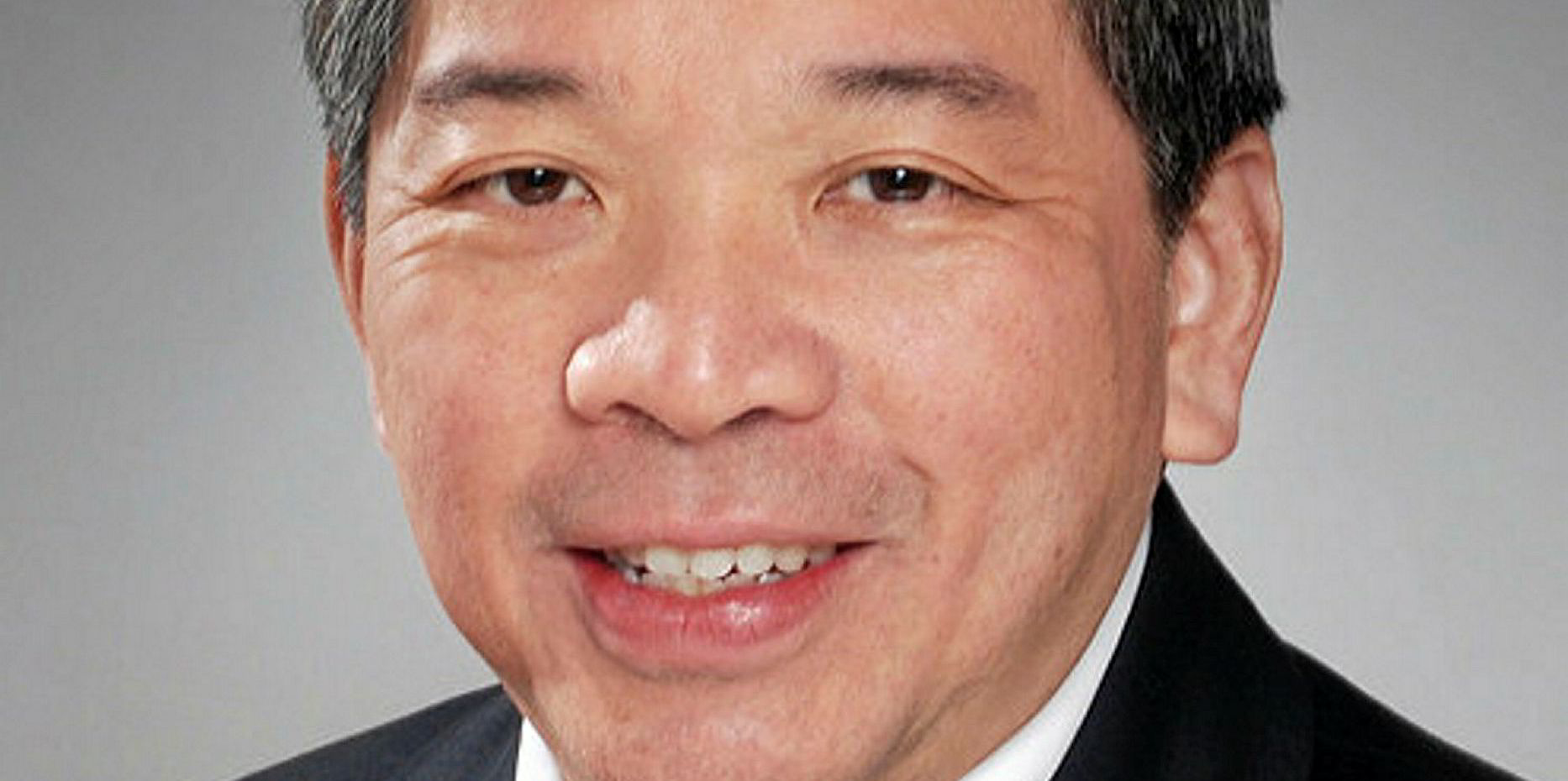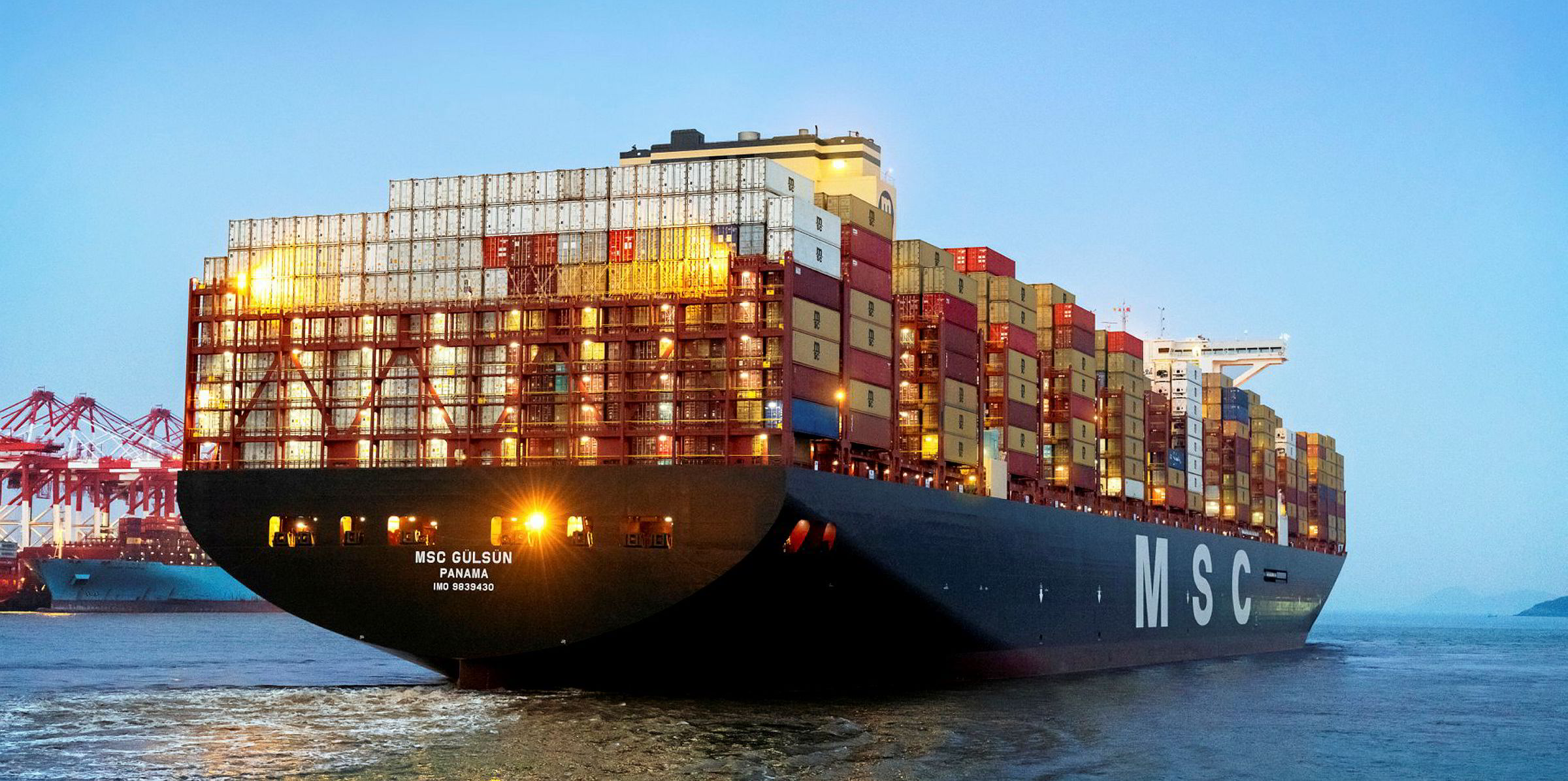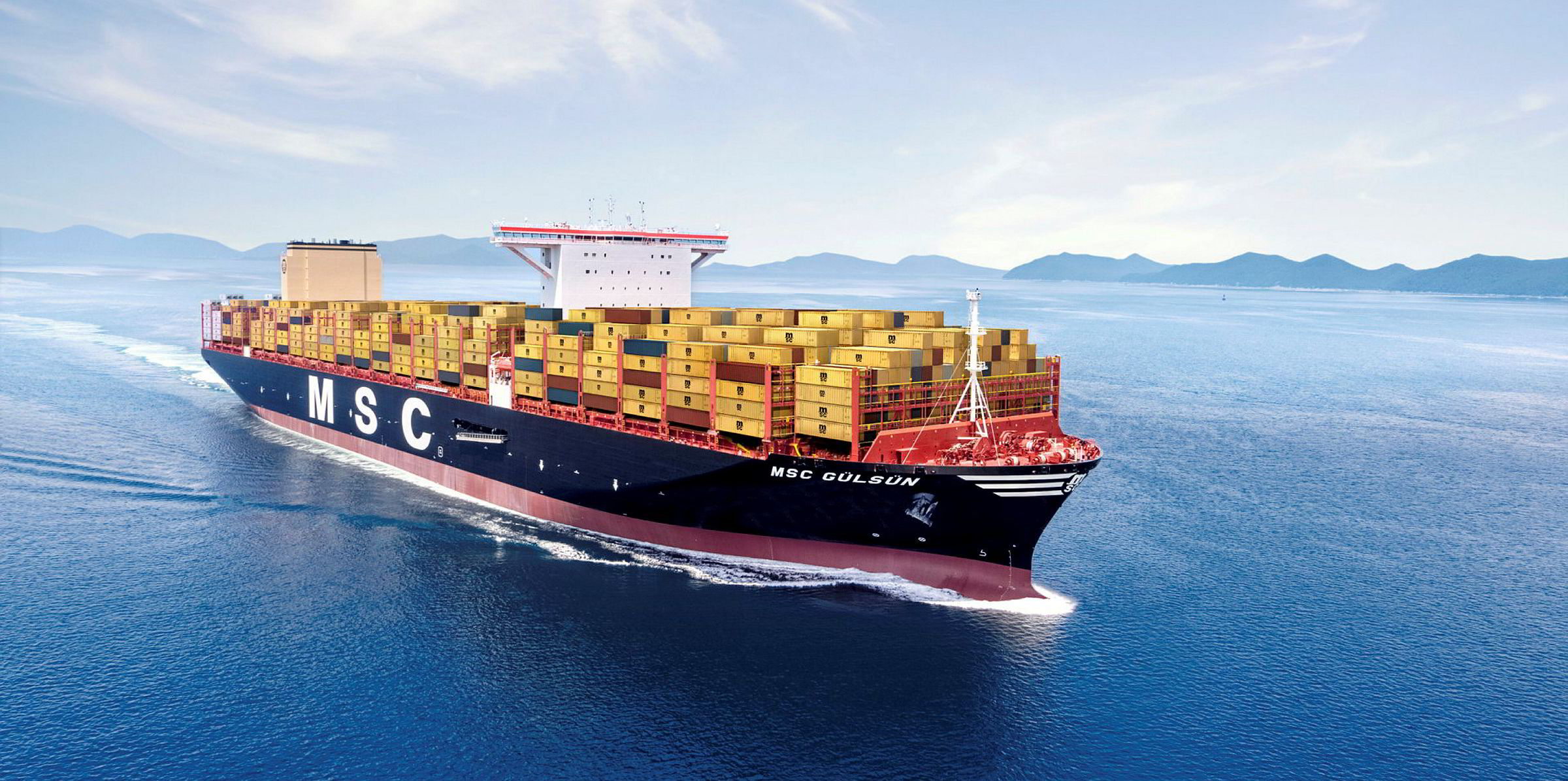Pacific International Lines (PIL) is experiencing delays in its home port due to issues with low-sulphur fuel oil supplies.
Alphaliner said six boxships of between 1,500 teu and 6,600 teu have remained anchored at the Eastern Holding Anchorage for up to three weeks because of a lack of the new bunkers.
Another five vessels are now back on track, however, the consultancy added.
PIL, a Singapore containership operator, has confirmed there have been problems with bunker suppliers following the IMO 2020 switch over on 1 January.
But it has denied the vessels were under arrest and said it had not received any legal demands from suppliers. At no time has the Sheriff of Singapore listed any PIL ships on its database of arrested vessels.
The five ships that resumed their voyages were held up for between 12 and 20 days, according to Alphaliner.
Retrofitting delays blamed
PIL has said it is working closely with suppliers to get the other vessels back in action.
The Teo Siong Seng-led company blamed delays in retrofitting scrubbers for causing a shortage of low-sulphur fuel oil (LSFO) and pushing up the price.
PIL has plans to install exhaust gas cleaners on 42 of its 3,500-teu to 11,900-teu ships.
But only 12 have completed the work, Alphaliner said.
The remaining 30 will have scrubbers fitted by May 2020.
This will cover almost half its fuel consumption, allowing it to benefit from the spread between LSFO and high sulphur bunkers.
Fuel spread narrows
Alphaliner said the gap has narrowed slightly over the past week, with Singapore pricing LSFO at $300 per ton higher, rather than more than $360 at the beginning of the year.
In September, PIL said its ships would run on LSFO, but switch to marine gasoil or ultra-low sulphur fuel (0.1%) in emissions control areas.
At that time, 30% of the fleet was due to be fitted with open-loop scrubbers.
Clarksons lists the company with 144 vessels.
PIL also revealed details of its efforts to recover the costs of the LSFO from customers.
A low sulphur fuel recovery (LSR) tariff was introduced from 1 December.
It is calculated using a round-voyage bunker consumption figure and the fuel price differential between regular 3.5% sulphur bunkers and 0.5% very low sulphur fuel oil (VLSFO).
TradeWinds has contacted PIL for comment.
Jonathan Boonzaier contributed to this story






